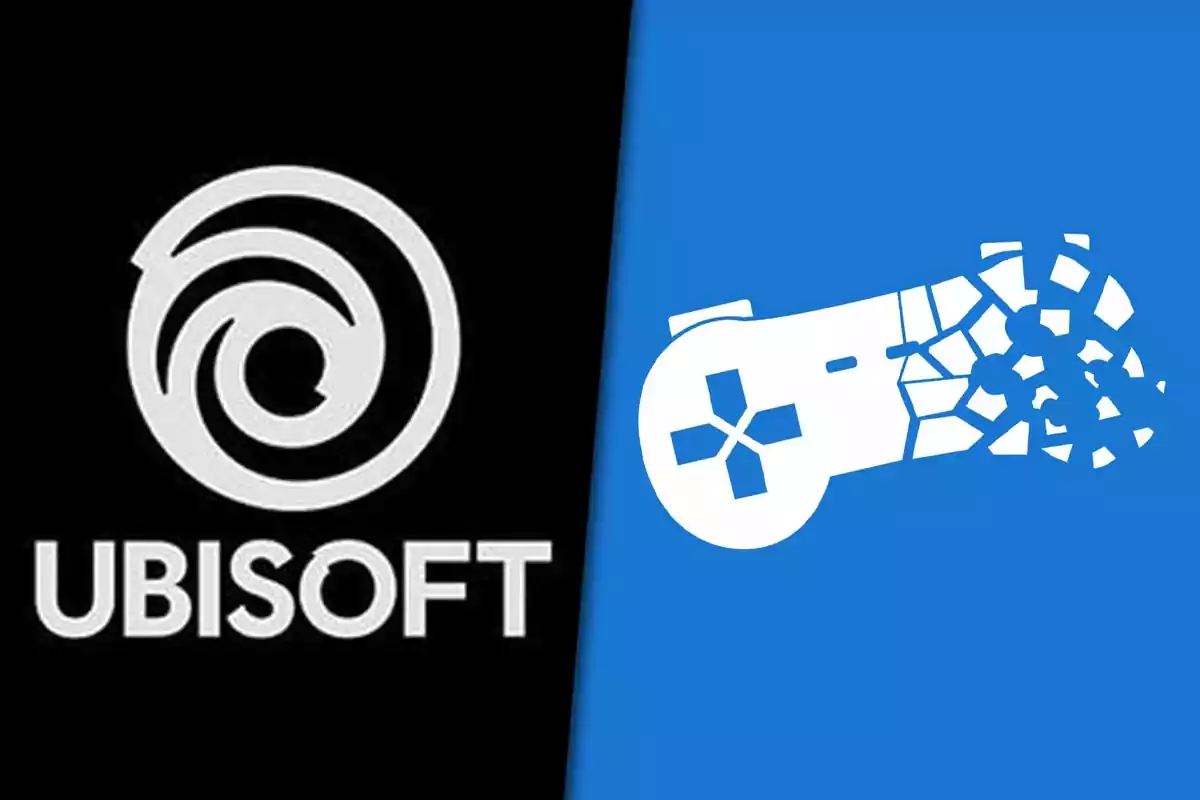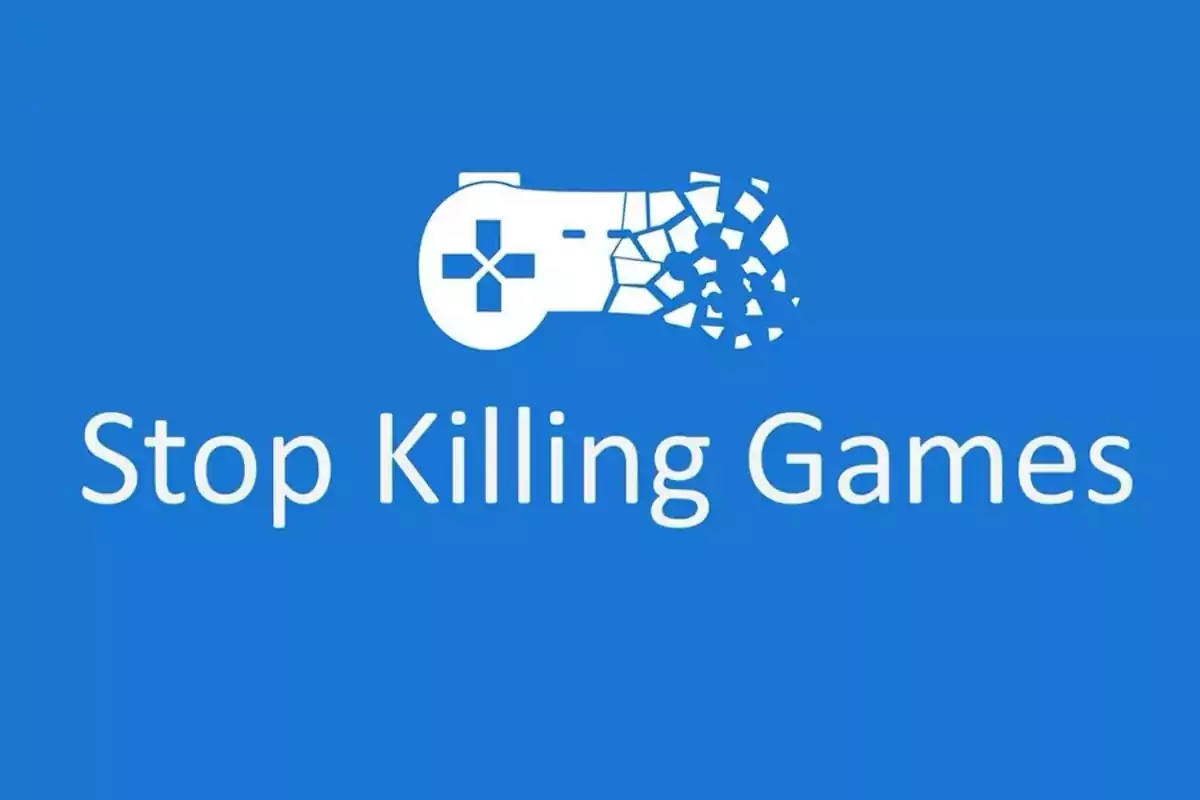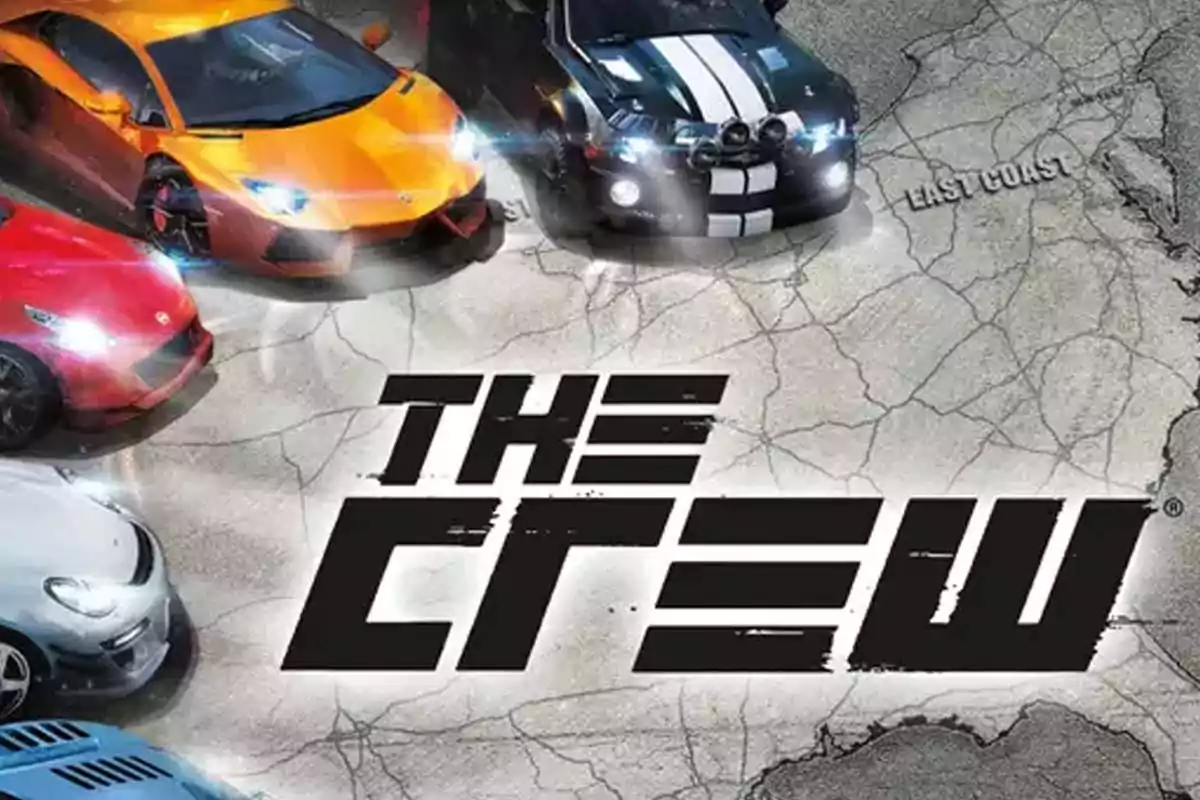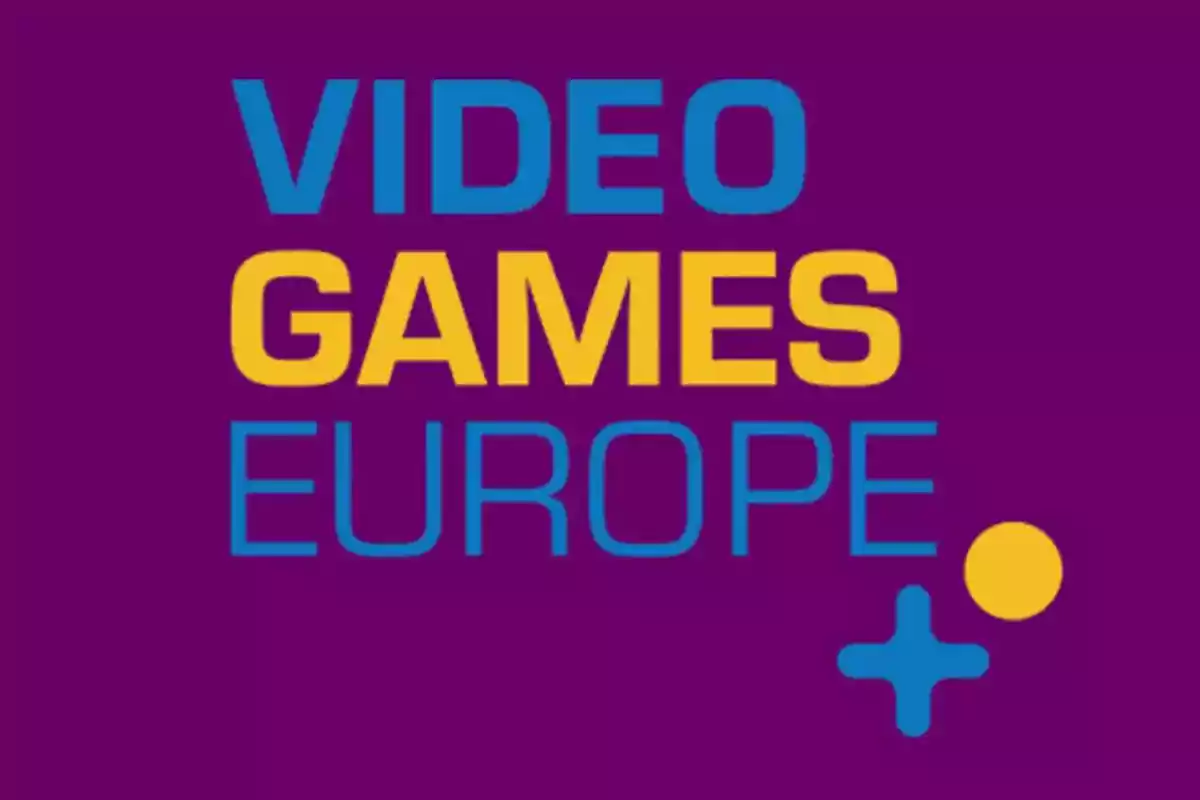
Ubisoft responds to the Stop Killing Games campaign: 'It can't last forever'
The Stop Killing Games campaign demands the preservation of closed games. Ubisoft replied, but doesn't promise concrete changes
The Stop Killing Games campaign gathered more than 1.4 million signatures and put one of the largest gaming companies in check. It demands the preservation of video games when their servers are shut down.
Ubisoft came forward to provide explanations and acknowledged the problem, although it clarified that this is something affecting the entire industry. Ubisoft also justified its actions after the shutdown of The Crew.

What exactly does Stop Killing Games demand?
The movement demands that publishers selling video games in the European Union be required to:
- Keep them in a functional state after server shutdowns.
- Offer reasonable means for them to continue operating without relying on the distributor.
The trigger was the permanent shutdown of The Crew in 2024, which caused anger, legal claims, and immediate responses from Ubisoft. Ubisoft announced offline modes for The Crew 2 and The Crew Motorfest.
The word from Ubisoft's CEO
During the annual shareholders' meeting, Yves Guillemot was asked about the issue and replied bluntly: "Every time we launch a game, we provide support so that it's available 24/7. But players know that eventually it may no longer be available."

The executive emphasized that server shutdowns are not exclusive to Ubisoft. "All publishers face this. We do everything we can, but support can't last forever."
Why do games stop working?
Guillemot explained that this is a structural problem: games with online components become obsolete over time. "Many tools stop working after 10 or 15 years. That's why we release new versions."

According to him, this is not an arbitrary decision, but a direct consequence of the software life cycle.
Private servers as a solution?
From the Video Games Europe group—which includes companies such as Ubisoft, Take-Two, and Bandai Namco—they oppose that proposal. They argue that private servers could put users' security and brand reputation at risk.
In a statement, they claim that online video games "are not like books or movies," since they are not static works. Users acquire only a license, not the complete product.

Risks pointed out by the industry
- Malware and security breaches.
- DDoS attacks or malicious actors.
- Negative impact on costs and publishing in Europe.
Is there hope for preservation?
Some in the sector emphasize that there are indeed ways to preserve games. Initiatives such as donation to museums or digital libraries are mentioned as possible strategies.

Ubisoft states that it's going to continue working to "minimize the impact on players," although without committing to specific legislative changes.
Until when can the campaign be signed?
The Stop Killing Games petition will remain open until Thursday, July 31. The organizers continue to push for new rules requiring the preservation of digital video games.
More posts: